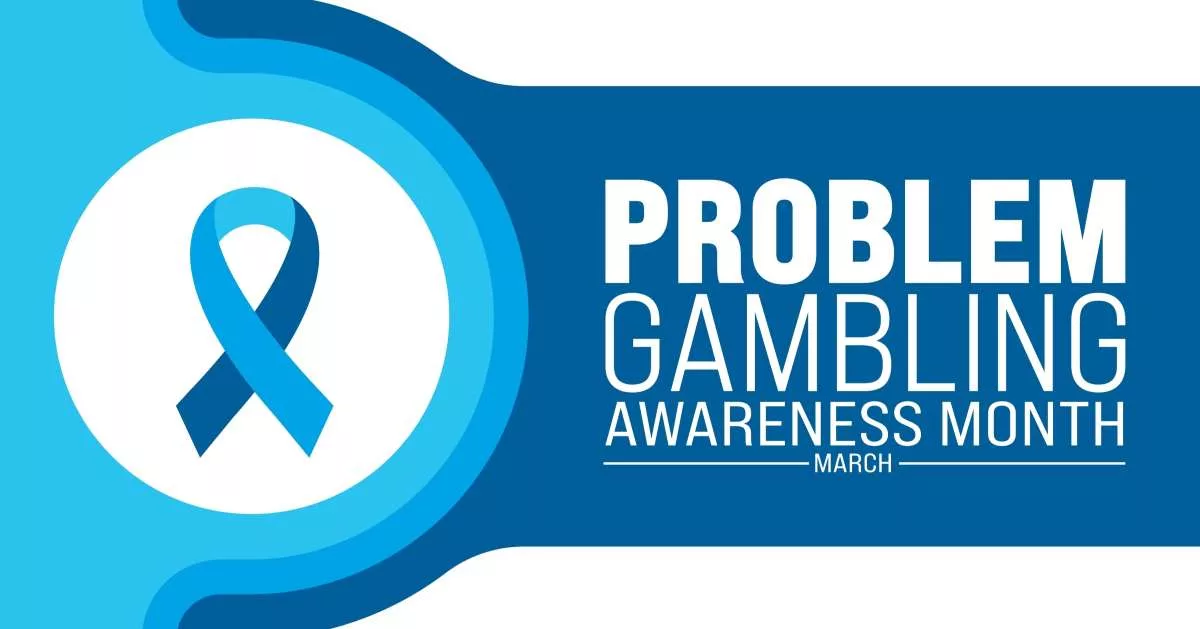
The month of March is Problem Gambling Awareness Month.
According to the National Council on Problem Gambling, problem gambling is defined as behavior that is damaging to a person or their family, often disrupting their daily life and career. Anyone who gambles can be at risk to develop an addiction, which is considered a mental health disorder. Gambling has seen a drastic increase in the State of Iowa over the last several years due to the legalization of sports betting and the convenience factor of betting right from a mobile device.
Some warning signs for problem gambling include obsessing, feeling the need to bet more money, more often, trying to constantly chase losses, and continuing to gamble despite negative consequences. Maddy Lemons is a problem gambling prevention specialist with Employee and Family Resources, and says there are many financial consequences to problem gambling, but one of the biggest concerns with the disorder is the mental health aspect.
“Financial consequences is a big one but the one we like to talk about that is the most serious is the mental health aspects of problem gambling, because one of the biggest drivers of suicide in our country is financial problems, and financial problems are intrinsic to problem gambling so the suicide rate for those with problem gambling is very very high compared to those with other addictions.”
Your Life Iowa is available for 24/7 assistance and support. Hear more about the impacts of problem gambling on today’s In Touch with South Central Iowa.

